| This blog explores social attitudes in Jane Austen's time, discusses her novels, reviews forgotten 18th century novels, and throws some occasional shade at the modern academy. The introductory post is here. My "six simple questions for academics" post is here. |
 Harrogate spa well, Wikicommons, detail
Harrogate spa well, Wikicommons, detail Modern Manners, an 1817 novel by an anonymous authoress, starts with the marriages of the parents of our main characters. Amelia has the good luck to captivate Henry Fitzgerald, a “gentleman from the Indies” (aka a man with a colonial fortune) who all the “Mamma’s” of the neighbourhood are angling after. Amelia’s match means she goes off to live in London and mingle with the ton. Her sister Matilda marries Mr. Oswald, a respectable vicar with a small independent fortune. Matilda “sighed at the idea of… her sister [Amelia] being lost in the fashionable vortex of dissipation and vanity."
The years pass, the countrified Oswalds have a daughter and the city-dwelling Fitzgeralds have two sons and a daughter. Mr. Fitzgerald becomes an MP and then is elevated to the peerage; now, instead of being the wife of a nouveaux riche Indian nabob, Amelia is Lady Fitzgerald. An easy-going woman of no strong opinions, Amelia is more engaged with her morning visits and playing cards than paying attention to the education and moral upbringing of her daughter Julia.
The Fitzgeralds come to visit the Oswalds and their lovely, sensible, daughter Emma. Julia Fitzgerald is a social butterfly and an enthusiast for Rousseau, rugged scenery, and defying whatever it is her parents want her to do. We learn that the oldest son, Frederic, is not very attentive to his fiancée. She is Elvina Dorrington, an Indian heiress. Emma Oswald, our main heroine, is intelligent, principled, and sincerely devout, and the author struggles to make her as interesting as Elvina and Julia...
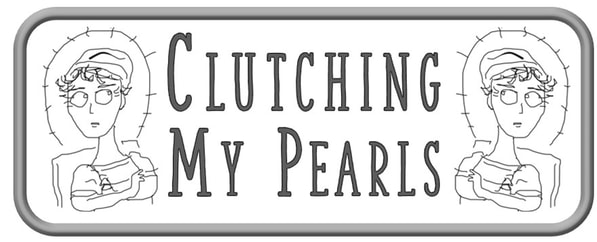
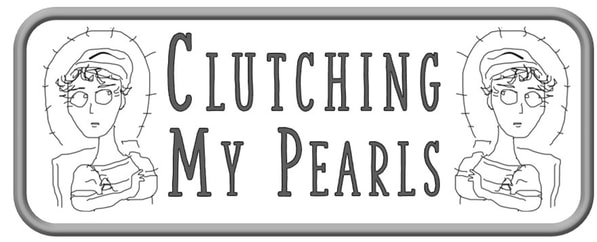
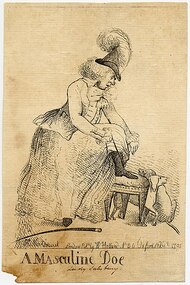
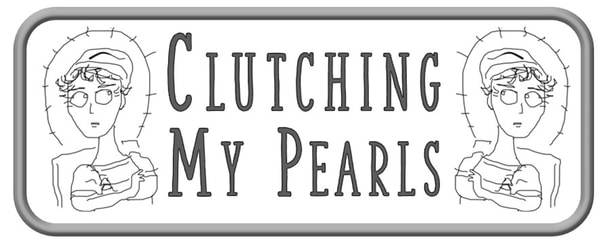
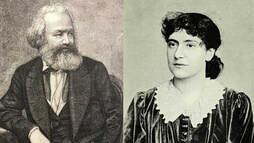
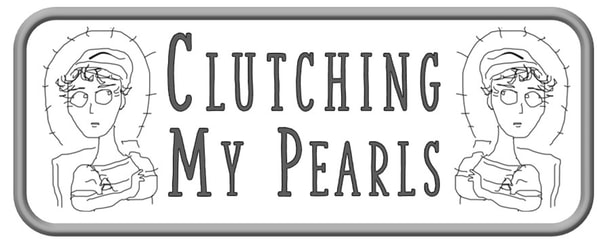

 RSS Feed
RSS Feed